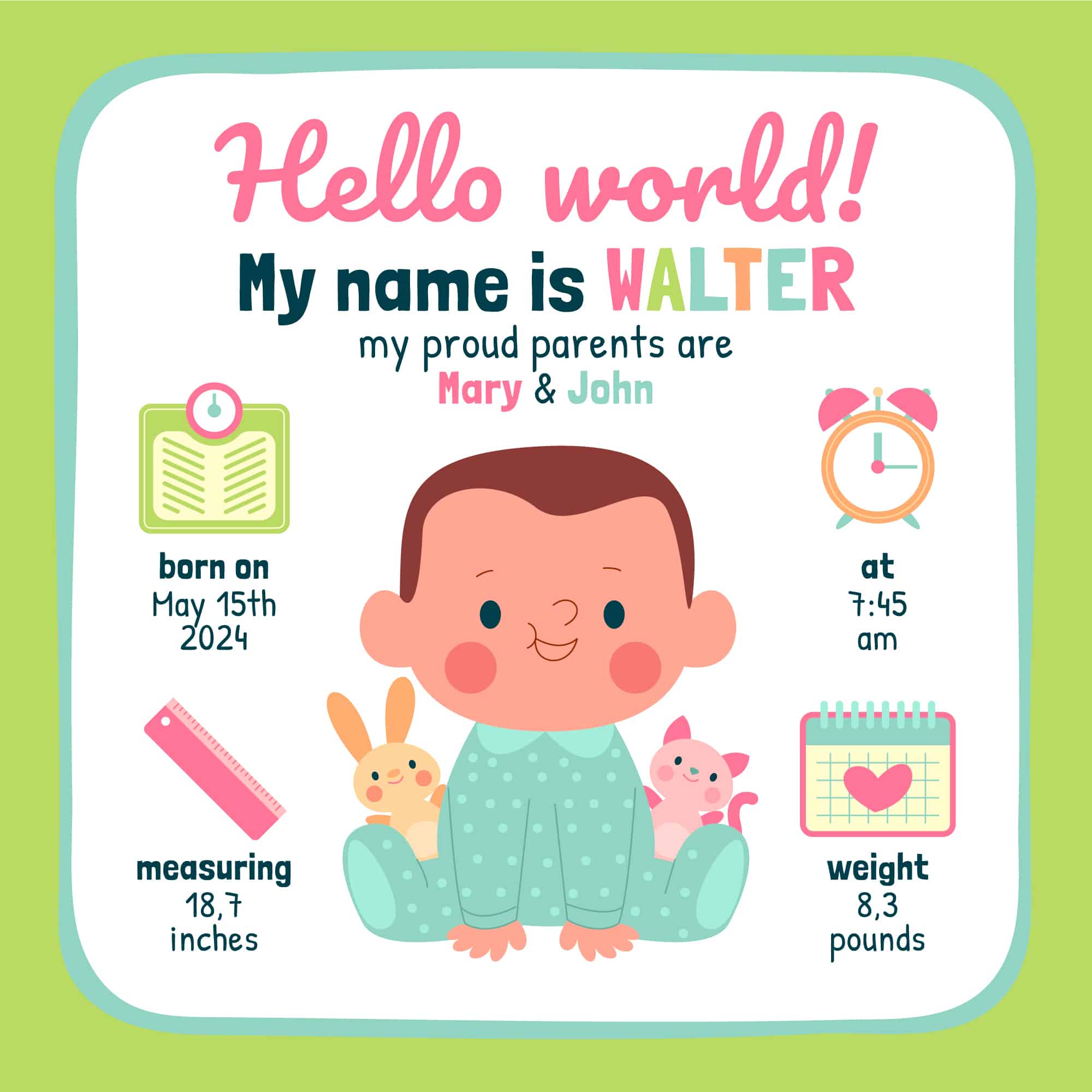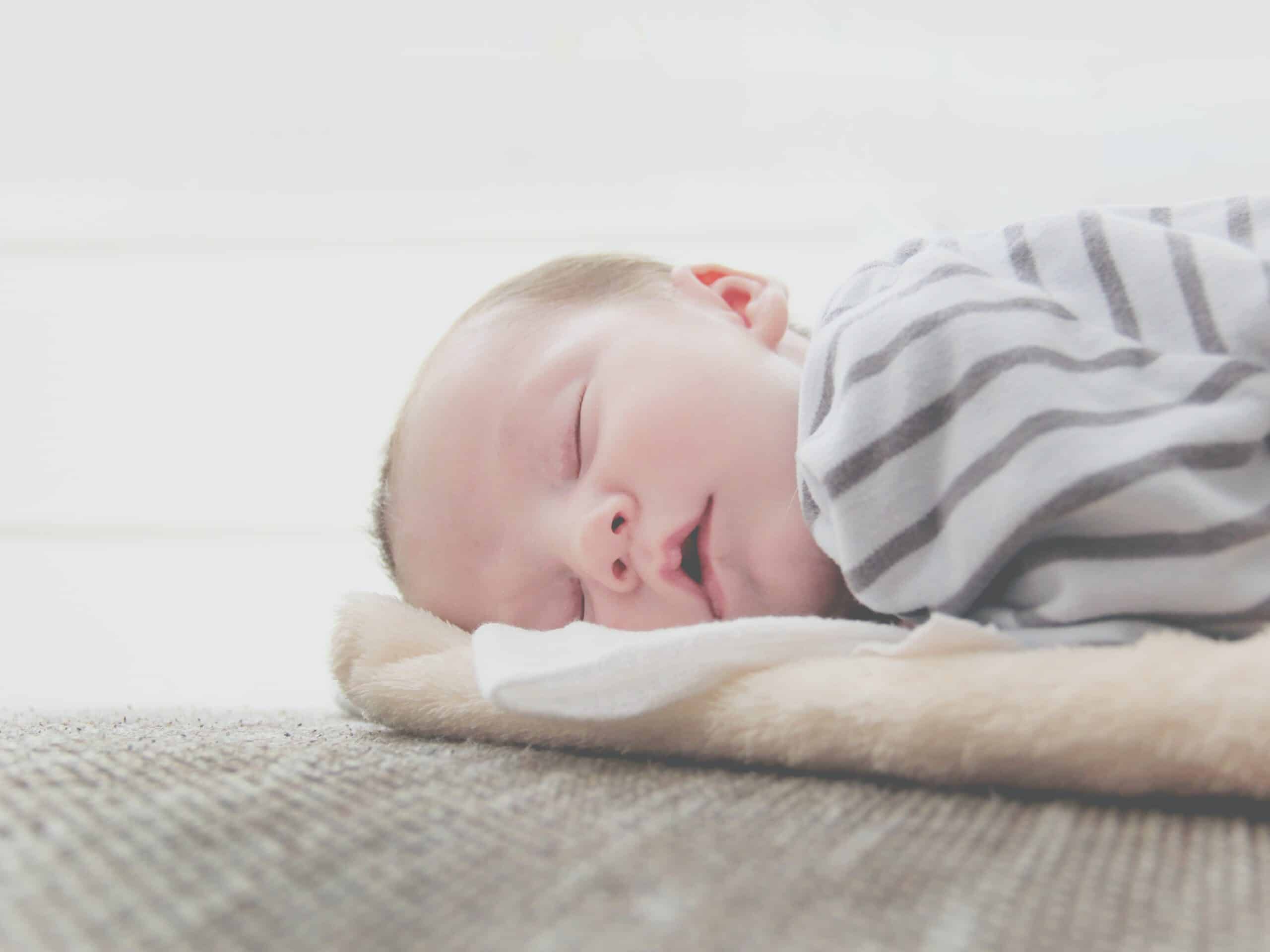As a new parent, you might feel like you’ve just entered a whole new world, one that’s filled with early morning wake-ups, countless diaper changes, and the sweetest baby coos. It’s a world of both overwhelming joy and unfamiliar challenges. But don’t worry! You’re not alone in this journey. We’re here to provide you with essential newborn care tips that every first-time parent should know.
Firstly, it’s important to remember that every baby is unique. What works for one might not work for another. Hence, consider our tips as a basic guideline, not a strict rulebook. As you grow into your role as a parent, you’ll learn to tune into your baby’s needs better than anyone else.
The first weeks with your newborn might feel like a whirlwind of feedings, diaper changes, and a lack of sleep. While it’s crucial to take care of your baby, it’s also important to take care of yourself. Remember, a healthy and relaxed parent is more able to care for a baby. Don’t hesitate to ask for help if you need it. Your health matters as much as your baby’s.
Now, let’s delve into the practical tips on newborn care that can make your life as a first-time parent a little easier.
Essential Feeding Tips for Newborns
Whether you’re breastfeeding or formula-feeding, it’s important to feed your newborn every 2 to 3 hours, or whenever they show signs of hunger. Signs can include making sucking motions, moving their hands toward their mouth, or becoming more alert. Keep in mind that a newborn’s stomach is small and can’t hold very much food at once. Patience is key during feeding times. If you’re breastfeeding, check out the American Academy of Pediatrics’ Guide to Breastfeeding for more comprehensive advice.
Newborn Care: Mastering the Art of Diaper Changing
Your newborn’s diaper will need changing around 10 times a day. That may seem like a lot, but it’s crucial for your baby’s health. Stock up on diapers and keep your changing station well-equipped with wipes and a diaper rash cream. Always wash your hands before and after a diaper change to prevent the spread of germs.
Creating a Sleep-Friendly Environment for Your Newborn
Newborns typically sleep about 16 to 17 hours a day, but in short 2 to 4-hour increments. A good rule of thumb is to put your baby to sleep on their back on a firm sleep surface. Keep soft objects and loose bedding out of the crib to create a safe sleeping environment. Be patient as your baby learns the difference between day and night.
Bonding Time: An Essential Part of Newborn Care
Bonding time is essential for your baby’s development. Simple actions like holding your baby close to your body, making eye contact, and talking softly can help create a bond. Skin-to-skin contact is also beneficial and can soothe a fussy newborn.
Regular Health Check-ups for Your Newborn
Regular check-ups are important to monitor your baby’s growth and development. These visits are also a good time to ask your healthcare provider any questions you may have about your baby’s health. One aspect that is often discussed is your baby’s immunization schedule. The CDC’s Recommended Immunization Schedule is a great resource to familiarize yourself with before your visits.
Becoming a new parent is a rewarding journey filled with love and learning. As you navigate through this new world of parenthood, remember to be patient with yourself and your baby. You’re learning together, after all. With these newborn care tips, you’ll be well-equipped to take on the challenges and joys that lie ahead. Happy parenting!






I have been browsing online more than 3 hours today, yet I never found any interesting article like yours.
It’s pretty worth enough for me. In my view, if all
web owners and bloggers made good content as you did,
the internet will be a lot more useful than ever before.